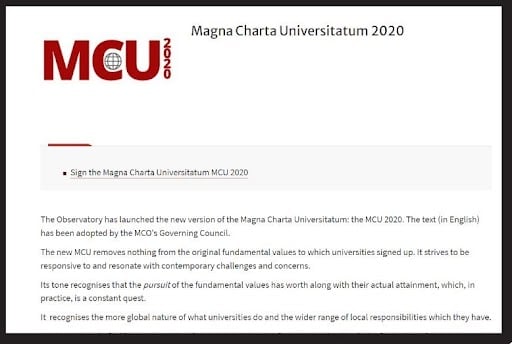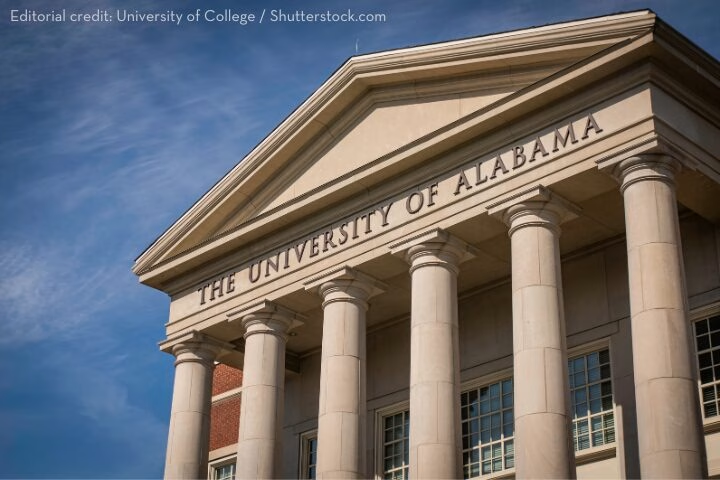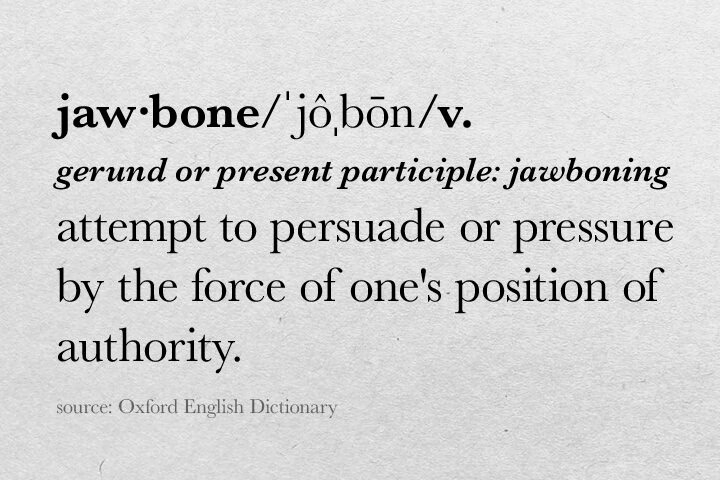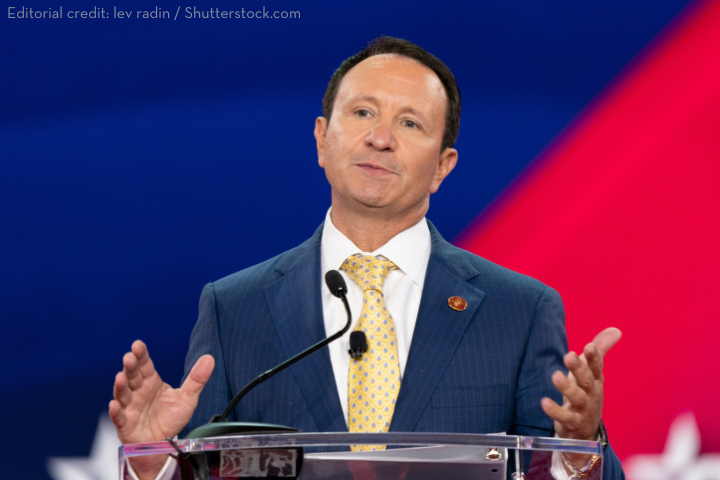
PEN America proudly endorses the Magna Charta Universitatum (2020 version), a document signed by nearly a thousand universities across the globe. The MCU emphasizes the importance of university autonomy from direct political control, a crucial requirement for free expression in a democratic society.
Although nearly a thousand universities around the world have signed the MCU, as of October 2024, only 22 universities in the United States have done so, and only two have ratified the 2020 version. PEN America calls on American universities to consider signing the MCU 2020 and affirming their commitment to university autonomy as a fundamental principle of American democracy.
Free speech and academic freedom are under assault from many corners in American higher education today, but their most coordinated antagonist is the state. Since 2021, state governments and politicians have engaged in a coordinated campaign to censor and restrict faculty speech on a range of concepts involving race, gender, identity, and US history.
In 2023, lawmakers shifted strategies away from direct restrictions on faculty speech and toward efforts to impose ideological control on university governance processes. These efforts have included bans on diversity, equity, and inclusion offices and initiatives; ideologically-motivated restrictions on general education curricula, majors and minors, university mission statements, and institutional speech; and limits on faculty tenure and shared governance and on university accreditation agencies. Advocates of such restrictions have defended them on the grounds that they do not infringe on the academic freedom of faculty (a debatable proposition) and that, because taxpayers foot a portion of the bill for public universities, the government should determine how these institutions operate.
Discussions of academic freedom, as it is commonly understood in the United States, are of limited use in rebutting these claims. The American Association of University Professors’ excellent 1940 Statement of Principles on Academic Freedom and Tenure and 1967 Statement on Government of Colleges and Universities correctly identify academic freedom as a right and responsibility of individual faculty members, and governance as a corporate responsibility to be shared among groups of university stakeholders. But they are largely silent on the question of university autonomy, often referred to as institutional academic freedom: the right of universities, as institutions, to be free from direct ideological control by the government.
By contrast, much international discourse on the ideological freedom of universities focuses heavily on this question of autonomy. The European University Association, for instance, maintains an Autonomy Scorecard that grades university autonomy for each country in Europe. Similarly, the Inter-American Principles on Academic Freedom and University Autonomy, issued in 2021 by the Inter-American Commission on Human Rights, declare that “Autonomy is an essential prerequisite for academic freedom … a pillar of democracy and expression of the self-governance of academic institutions.”
It is for this reason that PEN America today endorses the Magna Charta Universitatum. First signed at the University of Bologna in 1988, and revised to its present version in 2020, the MCU affirms three fundamental principles that make up a university: autonomy from ideological control or political influence, interconnectedness of teaching and research, and openness to free inquiry and debate. As the MCU explains:
Intellectual and moral autonomy is the hallmark of any university and a precondition for the fulfillment of its responsibilities to society. That independence needs to be recognized and protected by governments and society at large, and defended vigorously by institutions themselves. To fulfill their potential, universities require a reliable social contract with civil society, one which supports pursuit of the highest possible quality of academic work, with full respect for institutional autonomy.
The question of autonomy lies at the heart of the present debate over government censorship of universities. The MCU provides American higher education advocates with a crucial framework to explain that, while universities are rightly responsive to governments on questions of budget, access, completion, career readiness, community engagement, and other matters, they must be absolutely independent from government on ideological questions. Just as public playgrounds and public ballfields are open to all comers, public universities must be open to all ideas. This ideological independence is a necessary prerequisite for academic freedom and the freedom to learn and teach. Intellectually free universities are essential for a free society, and a university subject to government ideological dictates cannot properly be called a university at all.
On October 23, 2024, to promote understanding of the importance of university autonomy in a healthy democracy, and of the MCU’s value in securing that autonomy, PEN America is proud to co-sponsor an international symposium, “Universities, Governments, and Democracy: International Challenges, Lessons Learned, and Future Strategy,” hosted at the Johns Hopkins University Bloomberg Center. The symposium is co-sponsored with the Observatory Magna Charta Universitatum at the University of Bologna, which oversees implementation of the MCU, and will be livestreamed.











